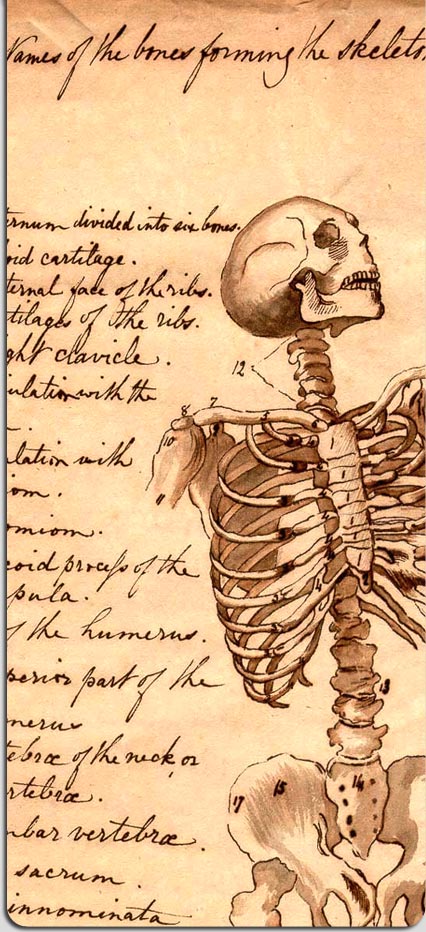Little Hope for the Uninsured
By Uwe E. Reinhardt. Couldn’t have said it better than myself. Reinhardt is a health economist at Princeton; I’ve bolded my favorite line about halfway down. From The Denver Post, Guest Editorial :
bq(quote). Is there hope for the uninsured? Probably not.
Recent developments on the issue of medical insurance indicate that the nation still lacks the will to deal with this problem.
After a three-year study, a task force at the Institute of Medicine of the National Academy of Sciences a week ago published a set of principles and the bold
recommendation that this nation move to universal coverage by 2010.
The institute’s work does not push the state of our knowledge on this issue much beyond what has been available for some time from the Henry J. Kaiser Family
Foundation and the Commonwealth Fund. But the task force has distilled this vast body of research and policy analyses into six attractive, well-structured,
authoritative and easily readable volumes.
Reasonable people will find it hard to disagree with the common-sense principles enunciated by the institute, or with its overall recommendation. Unfortunately, the
task force ended its work in the time-hallowed Beltway tradition of offering readers merely a menu of alternative strategies for reaching universal coverage, all of
them well known from past policy analyses, and each pitched to a different ideology. It would have been preferable if it could have agreed a single, authoritative IOM
strategy for universal coverage that could help frame future debate. By recycling old policy options, the report in effect puts us back to square one, circa 1992 and
even 1972.
‘s inability to settle on one recommended strategy reaffirms a proposition I recently offered brashly in the influential health policy journal Health Affairs,
in a paper titled “Is there Hope for the Uninsured?” (see website http://content.healthaffairs.org/cgi/reprint/hlthaff.w3.376v1.pdf )My answer there was:
“Most probably not.”
After studying health policy in this country for more than three decades, I have come to the conclusion that neither moral sentiments among the dominant majority of
politicians, nor pure economic self-interest among the huge majority of well-insured Americans, nor political engagement by the uninsured themselves is likely to
drive this nation toward universal health insurance coverage soon, if ever.
The sense of social solidarity that is the sine qua non of universal health insurance coverage just does not exist in this nation of individualists. Indeed, our
tolerance for misery among folks who find themselves at the bottom of the economic heap is legendary in the international health policy community.
The large majority of the uninsured are members of low-income families. People in this economic strata – taxi and limo drivers, waiters and waitresses, nannies,
gardeners and even support staff in physicians’ offices – will continue to work hard to make our lives comfortable, even if we do not help them get health
insurance in return. And because we do not have to be nice to these people to make them work hard for us, we won’t be nice to them – end of story.
As if on cue to corroborate my point, Secretary of Health and Human Services Tommy G. Thompson’s swift reaction to the institute’s report was that
universal coverage by 2010 “was not realistic.”
The U.S. took over an entire, distant country in but a few weeks, but it could not manage to extend health insurance coverage to all Americans by 2010, if the
politically dominant elite decided to do so? Can the secretary be serious?
Finally, if anyone saw hope for the uninsured in President Bush’s State of the Union address, I would challenge them to show me the budget figures for his
vaguely worded proposals, or the number of uninsured the president would seek to cover. To the discerning health-policy wonk, the speech read more like:
“I’d love to help you, folks, but just haven’t got any money left in the budget.” Indeed, in 2001, when the nation was looking at a $5.6
trillion cumulative budget surplus for the coming decade, Congress and the administration chose to draw down the surplus on tax cuts, rather than to help the
uninsured. If there is a clearer statement on the moral trade-offs we are willing to make as a nation, I can’t think of one.
The only ray of hope is the growing anxiety among middle- and upper-middle class families whose well-paid breadwinners might lose their jobs to equally skilled but
infinitely cheaper professionals in Asia and elsewhere. If that economic trend were to eat seriously into the hitherto smug sense of security enjoyed by members of
this politically more engaged class, our politicians just may have to take the plight of the uninsured more seriously.
From Quote of the Day , Don McCanne’s single-payer health policy listserv.
